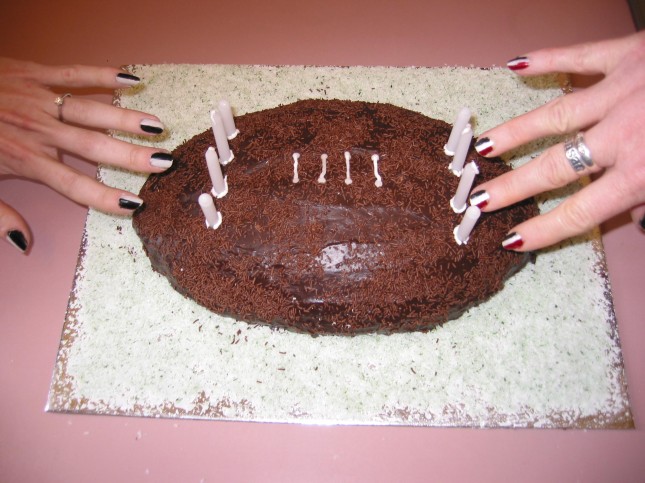I saw this advertisement recently and it deeply unsettled me. Morag Zwartz, The Age today, explains why.
“Lead a double life” is the bold imperative – and conclusion (of the TV advertisement). 
Perhaps someone needs to talk to Tourism Victoria about the difference between sexy and sordid, because it is difficult to think of any situation in which the concept of a double life is a positive one, or where it would not involve a victim. Someone might also put it to them that this promotion is seriously distasteful, trampling community values and moral codes.
But there is a greater offence here: a treachery the depth of which might only be appreciated by substituting a religion other than Christianity as the theme and backdrop for this ad. Imagine, if you dare, this same film sequence with a Buddhist nun, or a sweet young Muslim girl, or a Jewish boy – it would be unthinkable.
Christianity is an old religion, and it is wise. It has learnt to cop ridicule and mockery. But in this instance, a tacit notion of decency and trust has been destroyed. A line has been crossed. . . .
A double life and Christianity is a grotesque coupling. Not only does Christianity promulgate truth and honesty and transparency, it abhors duplicity, dishonesty and deception. These values are not to be sabotaged to promote the joys of leading a double life of greed and lasciviousness. Furthermore, water baptism is the public expression of identifying with Christ and his sacrificial death; it is a sacred rite in the Christian church and should not be subverted to endorse indulgence at Daylesford Lake.
The advertisement is not merely a movie made by an individual as an artistic endeavour. The ad wears a stamp of authority. It comes from our state government, with a message that fouls the concept of a civilised and decent society, and offends in the most egregious way one of its oldest religious communities.
It should be withdrawn instantly and replaced with an apology.
Excellent article, Government’s moral compass gone awry in tawdry offensive ad campaign.

 KICK OFF TIME IN THE OFFICE!!
KICK OFF TIME IN THE OFFICE!!